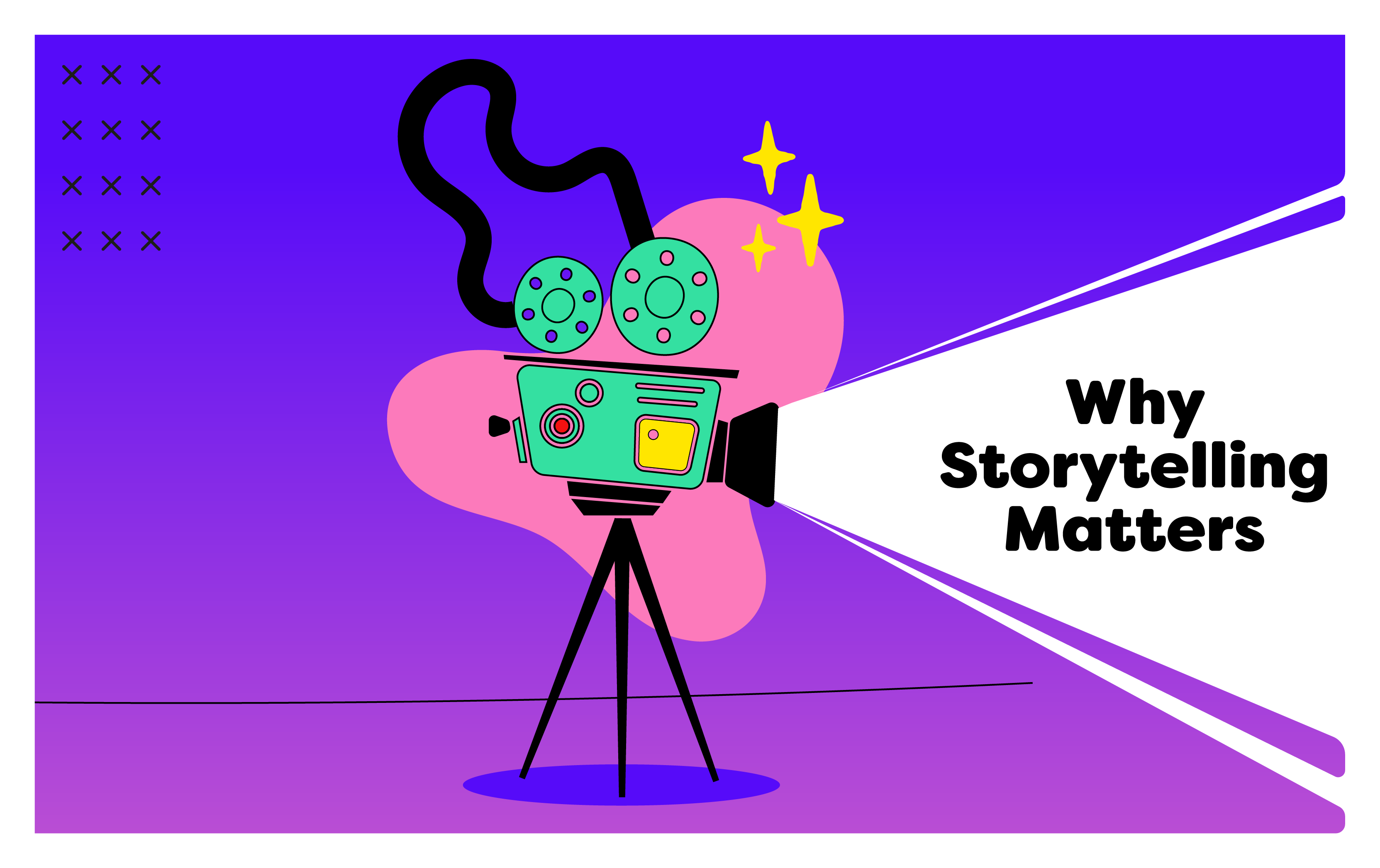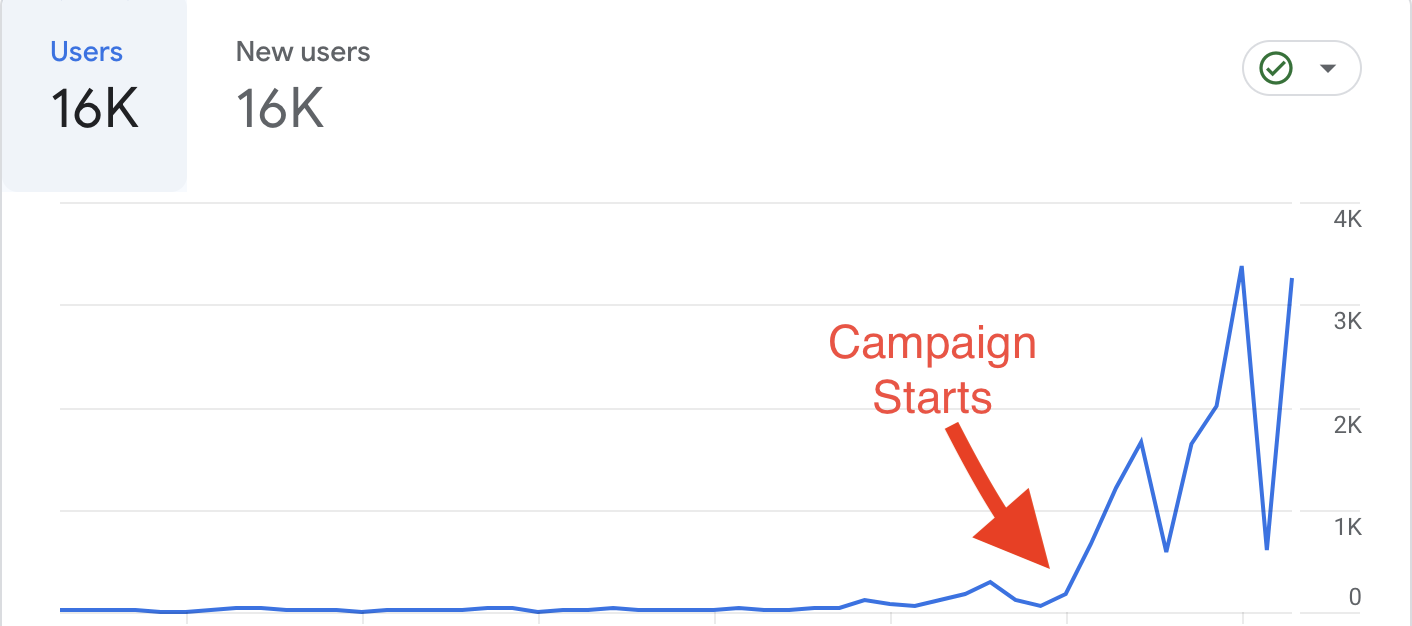
The Importance of Storytelling: The Origins
Without storytelling we wouldn’t even have the concept of history as we know it, since history requires we effectively communicate stories of the past. As humans, storytelling is a super power. Ancient civilizations relied on skilled storytellers, bards and griots (traveling poets, musicians and performers) to memorize and recite tales of heroes, gods, and historical events.
And even earlier in history, before written language our ancestors communicated stories visually through paintings and petroglyphs. Stories have allowed us to teach, learn, and create culture. It’s been a way of life since civilization began.
That’s why, as brands, it’s so important that we communicate with our audience in the most impactful way possible. Through storytelling.
One of the most recognizable tropes in storytelling is the hero’s journey. It starts with an average person who has a problem. They discover a wise guide who can help them with their problem. With the help of their guide, the person learns, grows, and overcomes obstacles to become a hero. They eventually triumph and their life is improved by the experience.
You’ll connect with your target market and sell more as you tell interesting stories with your consumer as the hero, and yourself as the sympathetic and authoritative guide who will help them succeed.
Engagement
Our inherent propensity for storytelling is, well, very telling. Through the lens of selling, it tells us that consumers want to be told stories where they are the hero and we are their guide. If we tell them a good story, we are capable of capturing their attention. In other words, stories have the ability to grab attention and be memorable.
The idea that we want consumers to purchase and be advocates for our products is obvious, but why do stories play such an important role? Good storytelling evokes emotion. Whether that be laughter or sorrow, uncover what emotions will move your customers. This means understanding your audience, company, and brand in order to strategically communicate a memorable story. So that when a future customer thinks of your industry, they remember your story and your company.
Differentiation
While the best stories can be told over and over again, telling an original is key to communicating your values and messages. Authenticity is paramount in moving people to act. They must believe in the brand and the story behind it.
Tell a relatable story so you can continue building brand trust and loyalty with the following values:
- Contrast to the rest of your industry
- Emotional Connection
- Memorability
- Relatability
- Conveying values and messages
- Building brand loyalty
- Simplifying complex ideas
- Universal appeal
- Entertainment value
Real Life Example
Last year, American Roofing & Waterproofing tasked Knoodle to develop a themed campaign that would set them apart from all the other roofers in the monsoon season. Every other roofer who engaged in marketing, did a radio endorsement campaign that all sounded the same. In other words, there was room for our client to differentiate itself.
Enter Inspector Roofus, his sparkling smile, visiting Phoenicians and saving the day for homeowners with failing roofs. Think of Inspector Roofus as a current rendition of Dudley Do-right. His call to action was to text photos of roofs in disrepair in exchange for an estimate.
Watch the commercial we created to see if you can identify the elements of storytelling we’ve discussed including the hero’s journey, memorability, simple, universal ideas, and more.
When it rained, it poured! Here is a snapshot of the analytics:

Ask yourself these questions:
- What does your consumer care about?
- What problem does your product or service solve?
- What is unique about your company, brand, and audience?
- How can you empathize with your consumer?
- How can you show authority in your industry?
- What is unique about what your company offers?
- What is unique about what your brand represents?
- What is unique about your audience’s aspirations?
- How will your consumer’s life improve if they do business with you?
And then ask yourself, what is the story that inspired each aspect of your business, to create an offering that would appeal to your client base?
Chances are you have hundreds of stories to tell.